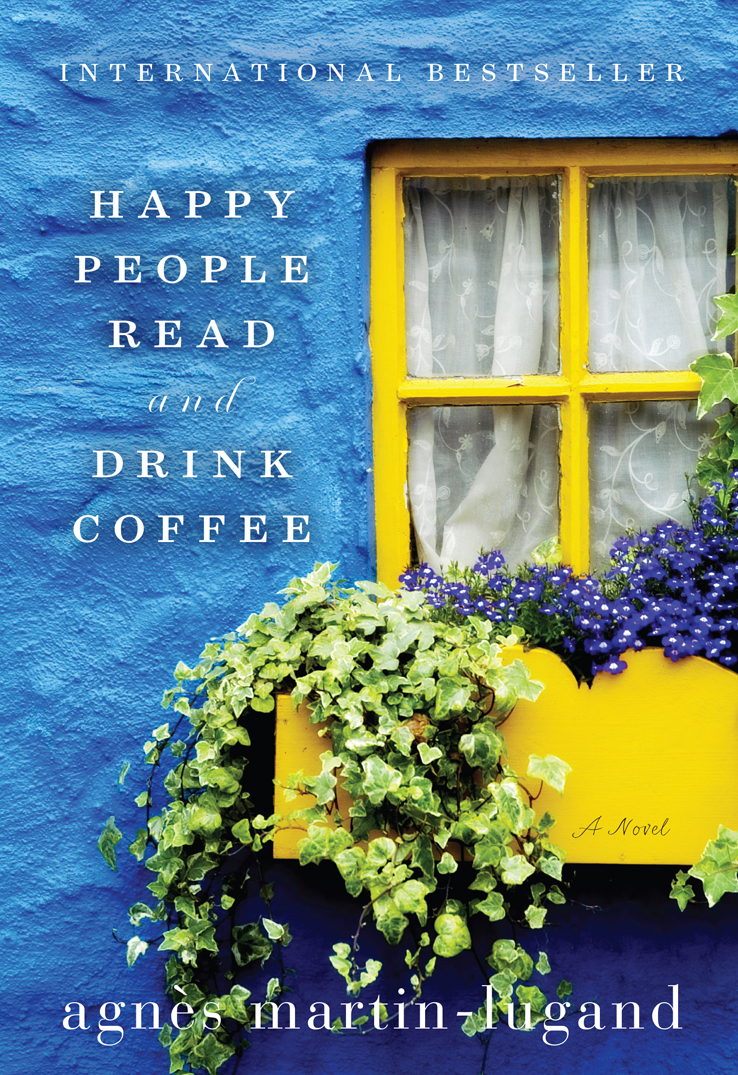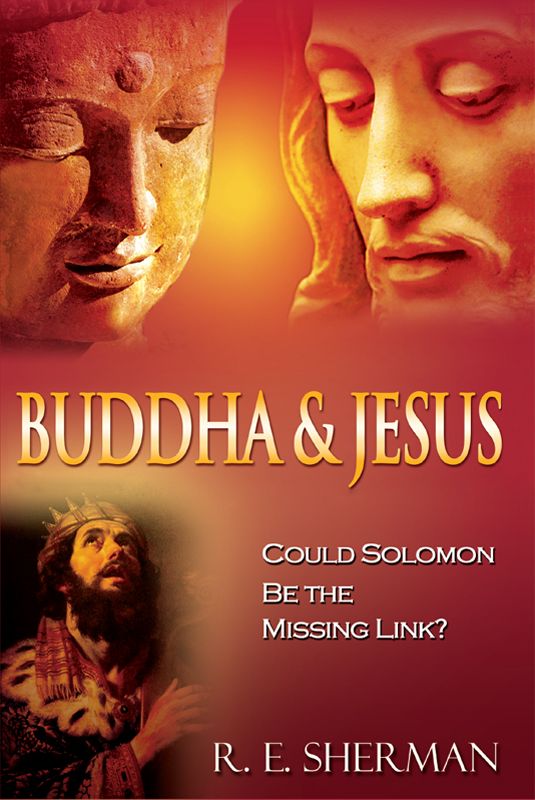oleebook.com
An Image in a Mirror de Ijangolet S. Ogwang
de Ijangolet S. Ogwang - Género: English
Sinopsis
Ijangolet S. Ogwang Year: 2023 ISBN: 9781915643735,9781915643728
Libros Recomendados - Relacionados
Reseñas Varias sobre este libro
Beautiful writing, really enjoyed this book. I love how the author took care of language. Made me nostalgic and this book made invite my dad to spend christmas with my family
Although the ending threw me off bit. The ending was suppose to the climax but it was just not fulfilling what the characters went through. It did not qualify the character's experience. And besides I'm not a hopeful kinder person. I also really became frustrated by Achen... she is too hopeful. :)3 s Jane1,151
Picked this up in the JoBurg airport.
No matter who we are, what color we are, we can always feel out of place. The notion of "home" always intrigues me.3 s Sue NyathiAuthor 7 books162
This is essentially a coming of age story which mirrors the lives of two young women who shared a womb but are now growing in two disparate countries: Uganda and South Africa. The two protagonists, Achen and Nyakale narrate this poignant tale which is heartbreaking and equally gratifying at the same time. This is a thought provoking novel which will leave you contemplating on some powerful themes that range migration, exploitation of migrants, inequality, morality, domestic violence, loss and sibling rivalry. Ijangolet skillfully weaves a beautiful narrative flowered with beautiful prose.
Migration is one of the dominant themes of the book and Ijangolet skillfully unpacks the other inter-related issues related to this.
Being in South Africa is a necessity, not a choice.
This rather potent line made me question my own reasons for being in South Africa and I reflected that I too came here out of necessity, to earn a living that I could no longer earn back home. It made me wonder how many of us were also forced to make the same journey. Moreover, I was also curious about others who had consciously chosen South Africa. It is for this reason that I was particularly drawn to the narrative of Nyakale. She is a young girl who is growing up in South Africa. Trying to find her identity, trying to fit into a world that often does not embrace her.
Being a foreign national means being constantly on trial, or sitting cross legged across from your identity, negotiating who you are.
As an immigrant to South Africa, this line resonated deeply with me as I am sure it would with anyone who has ever been uprooted from their home and forced to settle in another country.
In the words of Jo Bucks, he says Being a migrant sucks. It is not tourism. It is learning to live as a stranger who is not welcome, where you have little support and can rely on money (which you dont have) to see you through. However one has to be careful of painting the migrant experience with one brush as Nyakale shows us that her aunt and uncle are actually an affluent family, living in the heart of Sandton in the lap luxury. However, even then they are still not immune to the vagaries of migration.
I cannot divorce myself from either South Africa or East Africa is another moving line in the book which refers to Ijangolets own origions. She was born in Kenya to Ugandan parents and raised in Butteroworth in the Eastern Cape. With history, this history, I am South African, but not entirely. I am also not Ugandan enough. This highlights one of the prominent themes in the book of dual identity. Who do you identify as? What does it mean to be Ugandan or South African? Is it speaking the language? Adopting the culture? Does being born in a country make you a citizen of it if you are borne of parents who are not citizens of that country? What identity do you assume? Identity politics is real, especially in a country South Africa where over the years we have witnessed xenophobic violence which shows that hostility to foreigners is real.
The book also tackles another important theme of nostalgia versus reality. This is often true of those people who left their countries of origion and migrated elsewhere. Achen laments: I always hate it when Ugandan-South Africans come to the village, retelling their stories of a Uganda that no longer exists except in their memories. Many migrants survive on nostalgia.
Distant observers, listening to tales from home, forced to speculate when there are long silences. Continuing to hope, when the news tells you otherwise. But nonetheless, Uganda is often on their lips; it refuses to be confined to the archives of memory.
Achen further bewails: My friends Cynthia and Sandra are coming to help with the preparations. Theyre both visiting home. This is a poignant line that alludes to how we become visitors to our own countries. We are guests in our own homes. We are tourists, landing for a two week sojourn before returning to our other lives. Our other homes. Often as a migrant the word home has different connotations for different people. Home could simply become a place of your birth or home could become where you are now rooted. Home is where the heart is goes the famous saying, but how true is that when your heart yearns for a place that no longer exists except in your mind. Is it really home when you only visit it once or twice a year?
The book also stirs emotions about the first. First heartbreak, first friendship, first love. Ultimately Nyakales first heartbreak is her separation from her mother. Then her separation from the motherland. Her umbilical cord is cut first, then her heart. This book will have you questioning adoption and parenthood. Who is a parent? The person who gives birth to you or the person who raises you? Just because you have not birthed a child, does that make you less of a mother? Loss is one of the overriding themes of the book and how we deal with it or are unable to deal with it. We have two mothers in the book who are dealing with loss, both imagined and real.
This type of grief is alien to us, to our community. Grief that doesnt bring you to your knees, but takes you to other, idle places.
We can draw parallels between them in how they both deal with loss of their daughters. Achens mother is still struggling to deal with her own loss of Nyakale who she gives away to her own sister to raise. Then we have Aishas mother who deals with the loss of her daughter Mbali, which is more final in that she loses her to death and alcohol becomes her coping mechanism. However, we must not forget Aunt Mercy who also becomes the third person in this triangle of loss as she mourns the babies she lost. Babies whose lives never came to fruition but still represents loss in her life.
Apart from the many moments that will leave you deeply introspecting, the book also has its fair share of light, warm and fuzzy moments that will have you thinking of your first love, your first kiss and your first romance. It is an evocative walk down memory lane. The story finally culminates with the two sisters finally meeting and Nyakales reunion with her biological mother. The ending magnifies the importance of seeking closure and provides a mirror image of how our lives could have turned out depending on the circumstances dished to us.
Ijangolet has definitely demonstrated her prowess as a writer with this debut novel which is coloured with many themes and angles. I look forward to reading more of her work in future.
2 s Abongile13
This book is dedicated to the girl running towards her dreams with courage in one hand & fear in the other.
I knew Id love this book as I read this line from the dedication page. The one thing Ill always be grateful for about African literature, is how relatable it is. I could see myself in the characters & I love that.
This book is narrated from the voice of twin girls (women) who were separated at birth. They live contrasting lives, one in the city and all its privileges (perceived and otherwise) and the other in the village with all its lacks (but also its beauty). My favourite thing that was touched on by this book, is the perceived better life the city gives vs the village. A better life at the end of the day is the one that you choose to live, and how you choose to live under the circumstances youre under. With that said, it doesnt take away from all the struggles people face, especially black people living in rural areas.
Id recommend this books to those in their 20s, whore ly to see themselves in the challenges the characters face as they grow into adulthood.This entire review has been hidden because of spoilers.Show full review1 Boitumelo Moletsane8
I enjoyed it. Her delve into the concept of a "better life" from the world views of a rural and middle class urban African is both current and relevant. Her sentence were sometimes unwieldly as they often seemed contrary to their meaning and the imagery they described. Definitely, relatable to middle class Ugandan South Africans.1 Lesedi15
A lovely read about twins Sisters separated at Birth; a choice made by their Mother who knew she couldnt take care of both of them so she shared the burden with her Sister. They are countries apart but their lives are so in-sync, unbeknownst to them both. They have a lot of questions about the choice their mother made and I guess some underlying resentments towards each other. At the end they find what theyve both been longing for... Sisterhood. 1 Carmen46 2
An incredible debut. Injagolet is a wonderful writer. The language and composition is beautiful. The book deals with many complex issues very well; Injagolet manages to discuss each issue well enough without over explaining it. It's a short read, it's easy to read yet it still has substance. I look forward to reading more of her work.1 Mbali Tyolo14 7
An incredible read. Ijangolet took us through a journey with the characters, I went through every emotion with them. Easily one of the best reads. I look forward to reading more work by Ijangolet.1 Pie Mully55 6
Yes, I enjoyed the premise of this book and I related to it but I just couldn't give it 4 stars. The diction just upset me because people do not actually talk that.
Their ages ranged from early teens to young adults but how they spoke felt I was watching teenagers trying to be adults. Maybe that was a comment on how they're both old souls who don't necessarily belong in their respective spaces but it just came off so jarring. It almost felt because it's a debut, the author was trying too hard to prove that she understands the English language as well as how to use it well.
Nonetheless, I appreciated how she captured the immigrant story and all the little tidbits that only a foreigner in South Africa can understand and appreciate.
I'm looking forward to her next book. Sibusiso LazAuthor 3 books
An Image In a mirror is a novel about social consciousness. It explores the complexity and depth of social roles gender roles and expectations. It also delves deep into the different types of "feminist" and highlights the multiple dimensions and manifestations, which complicates the feminist archetype, in a refreshing manner. It also presents a fresh picture of Africa, and parent-child relations. It is highly relatable and moves away from the typical African or Africa-based novel, where everything is about struggle and poverty and land invasions.
A beautiful read Dan Squire99 3
I don't to give negative , especially for debut novels, but I didn't think this book was particularly well written. The dialogue is particularly ham-fisted, and the unannounced time jumps make it difficult to follow without much justification.
I didn't think the underlying story idea was bad, just badly handled, so hopefully future work from the author will be stronger. Good luck to her! Deece de Paor376 13
Another book with a strong start that I quickly lost interest in. The writing was just very flat, especially the dialogue. We were supposed to be invested in the friends of these two girls without having fully gotten a sense of them. One giggled a lot. The other didnt. They were both supposedly empathetic characters and yet it was very hard to get in rooting for them. Just felt stereotypes. Wanted to this more. Jessica10
What I enjoyed the most about this book was being inside the mind of Achen and Nyakale. I hung onto every word of their reflections around identity, belonging, purpose, love. It's written so eloquently and with so much intimacy. I personally enjoyed the loose threads and complexity of most of the sub-plots. They read prompts to reflect on and which never left you with answers to some of the questions it raises. This book really does read the beginning of a story. Lwazi Bangani70 4
An Image in a Mirror was initially a 4-star read for me.
However, it has since been oddly relevant in my life, so much that I often find myself relating some of the events I experience to a story in the book. This book has surprisingly grown on me.
Lastly, I must say this novel is brilliantly written and the story is capturing. Agy Zvirbule17
It was interesting for me to read the book since Ive been in both - Uganda and South Africa, interesting to recognize places, names, foods, enviroment,
But still it was quite complicated to read due to languege.
But story overall interesting.
How two seperatelly grown sisters can be actually so similar.
This entire review has been hidden because of spoilers.Show full review Refilwe62 6
I really struggled with the writing style of this book. I felt she was tackling too many things all at once which took away from the plot of the story sometimes. The ending felt the start and I would have loved to find what happens after. Conor Hodges63 2
Autor del comentario:
=================================












